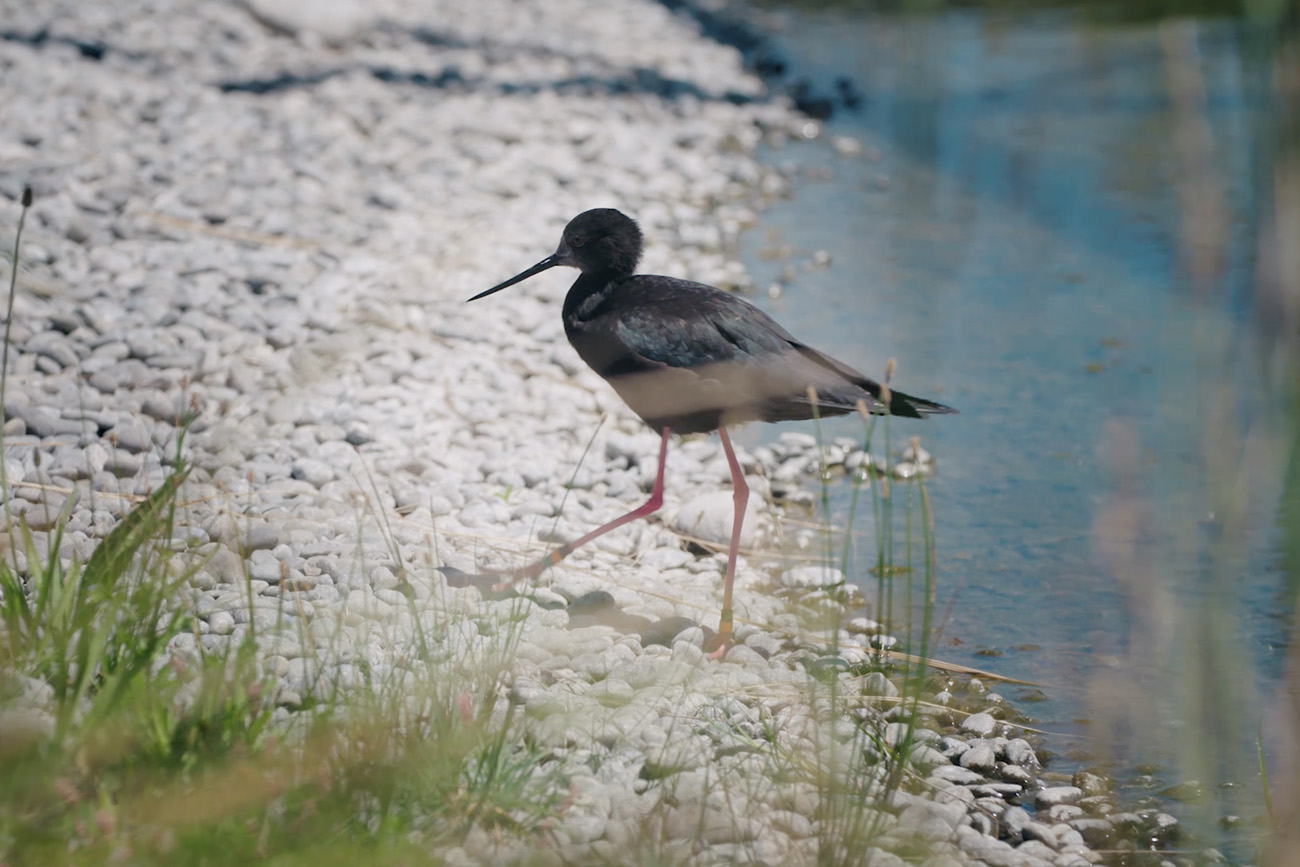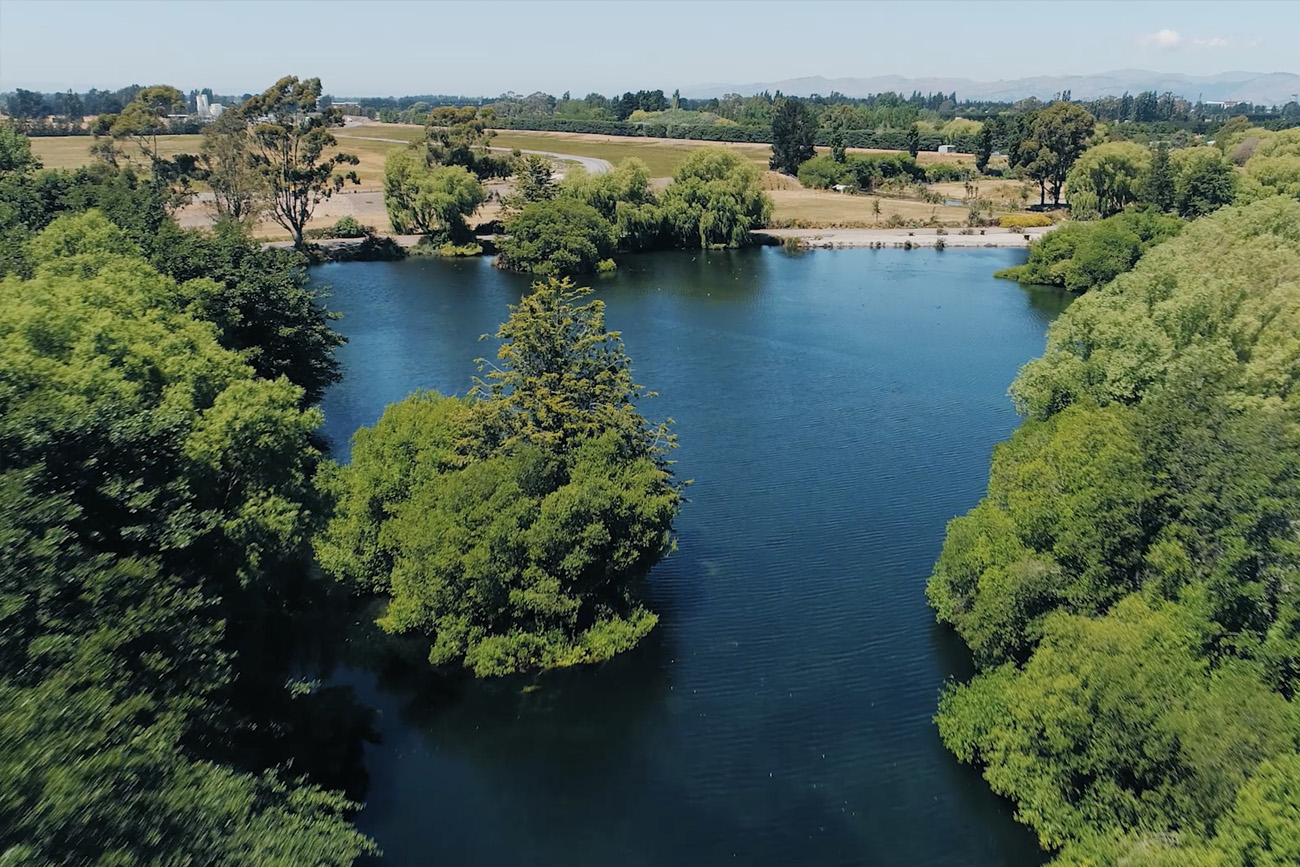Myths and misconceptions
New Zealand can be justifiably proud of its
responsible mining that cares for people and places
We have strict employment and health and safety laws protecting people, and stringent environmental rules and regulations caring for the environment. The same cannot be said for some other places in the world where there is a mining industry.
Mining is controversial, and not everyone is supportive, regardless of the merits of the project. In such cases, people may have a say in the resource consenting process via submissions, appearances at a hearing or in a court, or via mediation. Decision-makers must weigh up the different strands of evidence in their decision-making, in achieving the “sustainable management” purpose of what is currently the Resource Management Act (to be replaced with new legislation). That is a democratic process and is appropriate.
In granting resource consents to the mining company applicant, decision-makers will normally specify a list of conditions aimed at ensuring the project provides for economic, environmental, social, and cultural wellbeing. For their part, mining companies may seek to achieve a net positive impact on the environment because of their activities.
Through the lifetime of a mine, mining companies engage with Māori and the community to ensure people have a say in what is happening in their own backyard. Mining companies are employers and part of the community they work in, often contributing to community projects and supporting the likes of sports clubs and schools.

A net positive impact on the environment
Regardless of efforts to manage the environmental effects of mining, the site will never be returned to exactly what it was, not immediately. It is accepted in the current Resource Management Act that some residual impacts may remain, particularly if they are small compared to the benefits of the project.
Many mining companies go beyond the strict requirements of the law, to seek on balance a zero or even a net positive impact on the environment. To do that requires positive work to be done at a place other than the mine site. Terms such as environmental compensation, and biodiversity offsets are used in this connection.
Offsetting compensates for an environmental impact in one space by providing environmental benefits in another space.







